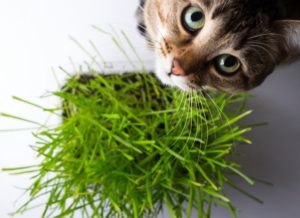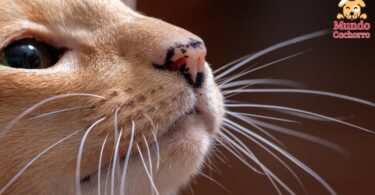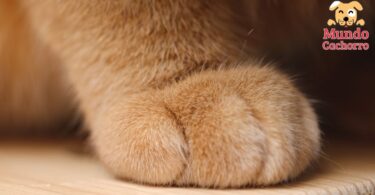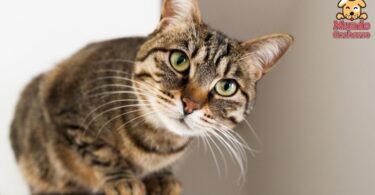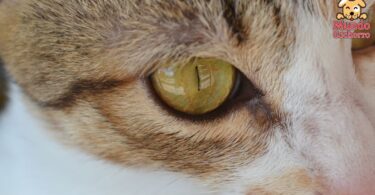Indice
The plant called Nepeta cataria, mostly known as yerba gatera or catnip, is one of the most puzzling and eye-catching elements of the cat world. Its effects on the behavior and even the mood of felines have made it a great ally of toy manufacturers and the owners of these furry animals.
The curiosities surrounding yerba gatera continue to grow, and as its use expands to more homes and countries, knowing it a little more in depth becomes a necessity; discover the 3 things you didn’t know about yerba gatera.
1. Catnip is not harmful or addictive.
The image of Nepeta cataria has suffered from some controversy due to its effects on cats and its distant family relationship with marijuana. But contrary to the negative image it sometimes receives, catnip does not produce addiction or harmful effects to the health of cats. In fact, as far as human use is concerned, Nepeta cataria has a number of beneficial uses for health.
The effects of catnip on felines only last between 5 to 20 minutes, depending on the amount the cat has had contact with and its sensitivity. Once this period is over, the cat becomes completely immune to its effects for two hours.
2. Not all cats respond to catnip.
Among the greatest curiosities of catnip is the fact that not all felines are affected by the charms of this plant. To begin with, the chemical component causing the effects of Nepeta cataria in cats is nepetalactone, which almost literally causes an “explosion of happiness” in feline brains.
However, only an estimated 75% of cats respond to this chemical, which also includes big cats such as tigers, lions, panthers and leopards. The other 25% remain unaffected and tend not to show much interest in the plant, regardless of race or gender. Small cats (under six months of age) and older cats also show little sensitivity to catnip.
The real reason behind this is currently unknown, but many scientists indicate that sensitivity to the chemical and the plant as such is inherited, and is mainly driven by environmental factors. As an extra tidbit of the 3 things you didn’t know about catnip, Australian cats, in an overwhelming majority, are not attracted to Nepeta cataria.
3. Medicinal uses in humans
Catnip is not only an elixir of happiness for cats, but also has beneficial uses for human health. Among these uses we can find its application for the treatment of gastrointestinal (colic, diarrhea, indigestion), nervous (hysteria, insomnia, neuralgia) and respiratory (bronchitis, catarrh, influenza) conditions. In addition to other health problems such as anemia, headaches and cancer.
Image courtesy of (www.tierramascotas.com), all rights reserved.


